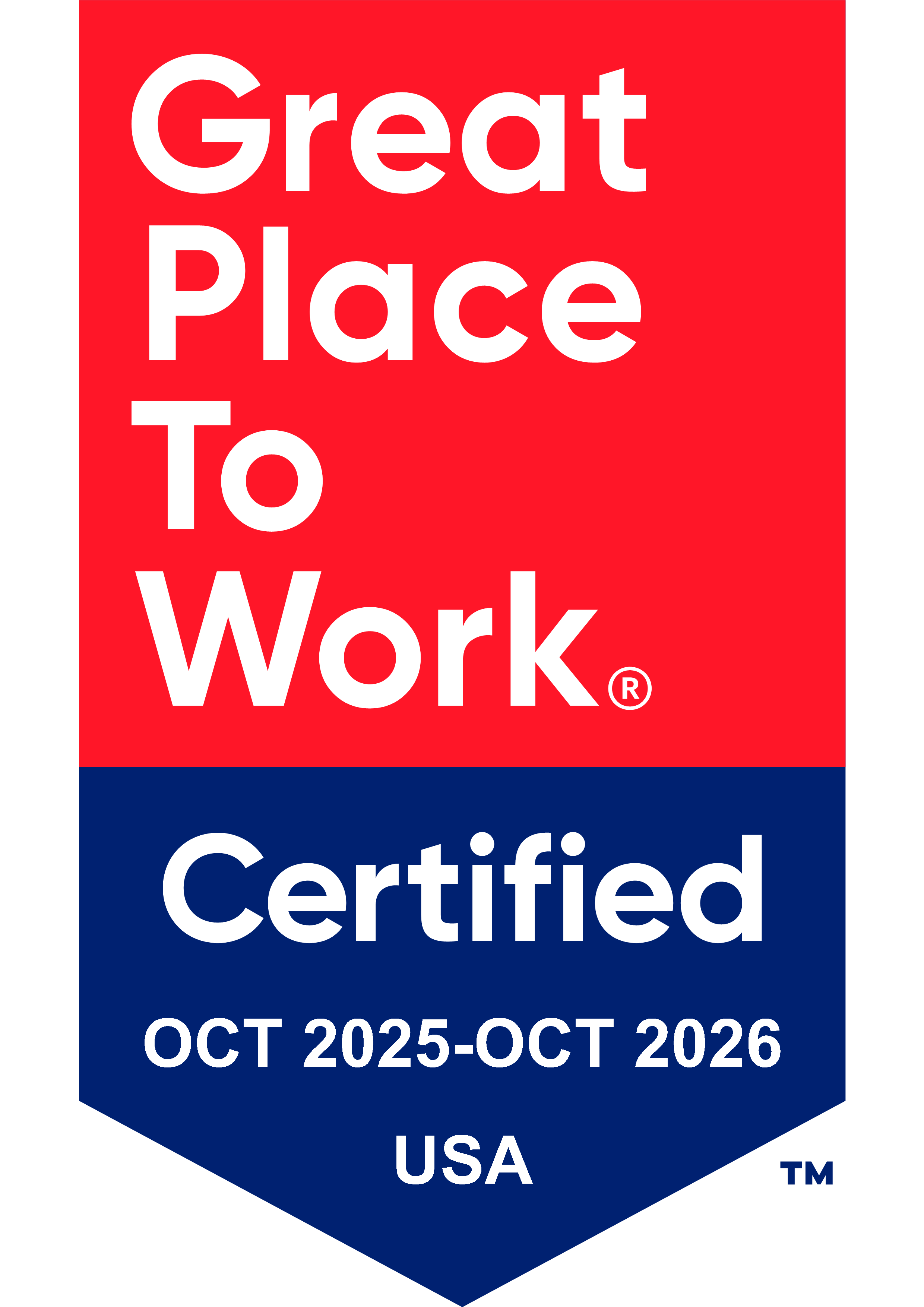Growth, within the framework of a business environment, is generally good. It sure beats a business becoming stale, which may lead to a decrease in sales and revenue. But what is the best growth strategy for your company? That is the dilemma facing many businesses today.
Perhaps your company has plateaued, revenues have stalled, and you have wrung out as much cost as you can. Or maybe you have successfully completed a three-year plan to grow the business and now you are looking to move it to the next stage. Where do you go from here… and how?
That is the advantage of having an equity partner like Boyne Capital. For nearly two decades we have supported our portfolio companies in devising organic growth strategies, as well as in acquiring the right match to take the company to the next revenue level. Working alongside management from strategy development through implementation, Boyne advises and assists its portfolio companies in increasing revenue and maximizing value. Here are some things we recommend you consider in determining which growth path is best.
Organic Growth: Increasing Revenue from Within
Companies looking to go it alone and rely on internal resources to increase revenue must develop a strategic plan that captures a true understanding of the company’s capabilities and provides a road map for reaching the revenue goal they’ve set.
A case in point is Boyne portfolio company B&W Quality Growers. After assisting management in a buyout to acquire the company from the founding family, Boyne advised on an organic growth strategy (no pun intended) that improved operations and increased revenue significantly.
Organic growth allows companies to scale over time, retaining control of the pace and the overall impact on the organization’s business. It is a slower, more cautious approach to increasing sales and revenue.
There are several approaches to growing a business organically:
- Grow Market Share – investing in cost reductions for more competitive pricing, marketing promotions and other sales tools may help win business from competitors and boost your share of the market.
- Expand into New Markets – perhaps your product line would fulfill a demand in another industry segment. A company catering to educational institutions might look to serve health care facilities, for example.
- Develop New Products – companies can also grow revenue through product or service line expansion. Are there holes in your current offering that can easily be filled? Are there products your customers need but can’t get?
- Expand into New Geographical Territories – maybe your company has been devoted to serving a specific city or region. Expanding your service area reach might be possible without incurring a huge investment.
All of these approaches will strain internal resources and require that you re-invest earnings to fuel growth, which underscores the importance of having an equity investment partner who can provide the capital and expertise to fund and guide the process.
So why doesn’t every business choose organic growth over growth by acquisition? Three key factors weigh on this decision:
- Financial – growth comes at a cost: expenses for more people, additional equipment, facilities expansion, more vehicles, etc. If current earnings cannot fund growth, you will either take on debt or work with an equity partner to invest in expansion.
- Time – new product design and development does not happen overnight, nor does market or geographic expansion. The need for more immediate revenue growth may be the determining factor.
- Hidden Costs – Some companies find they have stretched resources too thin, impacting current sales and their ability to deliver products or services. Put simply, you lose focus on your existing business. Having an equity partner can help mitigate these issues.
Growth through Acquisition: Building from the Outside In
As a pathway to the ongoing viability and success of the enterprise, many businesses choose a growth-through-acquisition strategy. Acquiring another company can be the quickest way to shore up weaknesses, enhance a company’s internal capabilities, expand distribution, grow sales and increase revenue.
At the core, acquisitions are about “Products, People and Pipelines.” And therein lie the advantages of the acquisition route to increased revenues:
- Faster Time to Market – whether adding products, markets or locations, an acquisition can get you to the revenue line quicker.
- Rapidly Acquire and Deploy Assets – building teams and capabilities organically takes time. By acquiring the right company, new assets, personnel and capabilities begin providing a return far sooner.
- Access to New Capital and Markets – part of the acquisition process will expose you to funding options you can tap into going forward, as you continue to invest in your business. Boyne Capital continues to assist its portfolio companies post-acquisition with financial strategies to support the integration and beyond.
There are four basic types of acquisition deals, driven by:
- Consolidation – expanding sales by consolidating customer bases, typically through acquiring a similar business.
- Addressing Weaknesses – whether it is products or channel distribution, most companies have weaknesses or gaps and an acquisition can help to quickly fill them.
- Acquiring Expertise – what skill sets are you lacking? What technical capabilities or intellectual property could propel your business forward? An acquisition can beef up product development, manufacturing, sales and marketing or other key functions.
- Expanding Market Reach – acquiring a business with a strong presence in an adjacent, compatible market can quickly broaden your reach.
At Boyne Capital, over the years we have participated in nearly 30 acquisitions across our 25 portfolio companies, putting our expertise and capital to work to help them strengthen their market position and assure long-term business growth. As an example, working with portfolio company, Fulcrum IT Services, Boyne managed the acquisition of several technology company add-ons that provided new service capabilities and additional resources which have allowed Fulcrum to grow significantly.
In the process of these deals, we have identified some pitfalls and warning signs. Any company considering the acquisition approach must be cautious of the following:
- Cost Reduction Expectations – sure, consolidated operations can provide savings, but don’t oversell yourself on these reductions. For example, you may well discover there is a need for duplicate customer service departments or distribution centers.
- Understanding the True Capabilities, Value and Potential of the Target Company – it will take a lot of homework and digging to get a true picture of what the target has to offer in terms of products, people and pipelines. Be sure it syncs with your growth needs and strategy.
- The Impact on Your Current Business and Brand – how compatible is this prospective acquisition? How will your current customers receive this news? Are there synergies or obstacles? What will be the market’s perception of the combined entity?
- Loss of Focus – while your team concentrates on managing the acquisition process and post-purchase integration, don’t lose sight of current business needs and operations.
- Culture and Compatibility – how closely are the two companies aligned, not only in their products and markets, but in the way they do business and in their focus on the customer?
Growth Is Good… Strategic Growth Is Better
Regardless of the path you choose, organic growth or acquisition, the keys to success are a clear understanding of where you are as a business and where you want to go, and devising a sound strategy to get you there. Having an equity partner with the resources and experience who will work with you to grow your business will assure a more successful outcome.
Organic growth allows you to control the pace and build a solid foundation for the future. The only risks are the possibility of taking your eye off the ball to the detriment of current business and not growing fast enough to keep up with ever-changing market conditions.
In contrast, a targeted acquisition can speed up your growth rate, combining the products and distribution of an established company – and its revenues – with your own. Be sure you have a clear purpose in mind for this acquisition, a good fit with the target business and a concise integration plan to make the assimilation as smooth as possible. An equity partner like Boyne Capital will bring access to capital, potential target companies and the experience in managing acquisition deals that will help make the process flow smoothly.
Which route is best for you really depends on the factors driving you to grow your business.
For more on the subject of business acquisitions, we recommend reading “Growth through Acquisition – Targeting the Right M&A Candidate,” from Boyne Capital’s series of thought-leadership articles.





